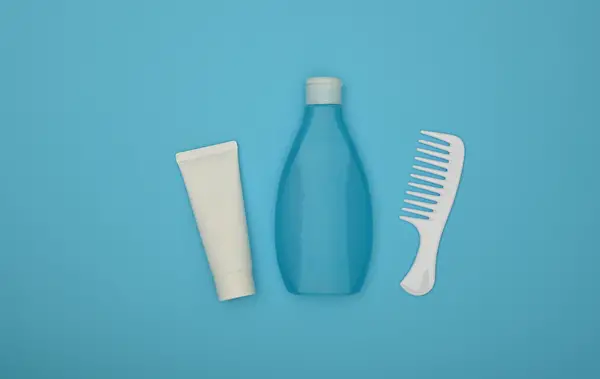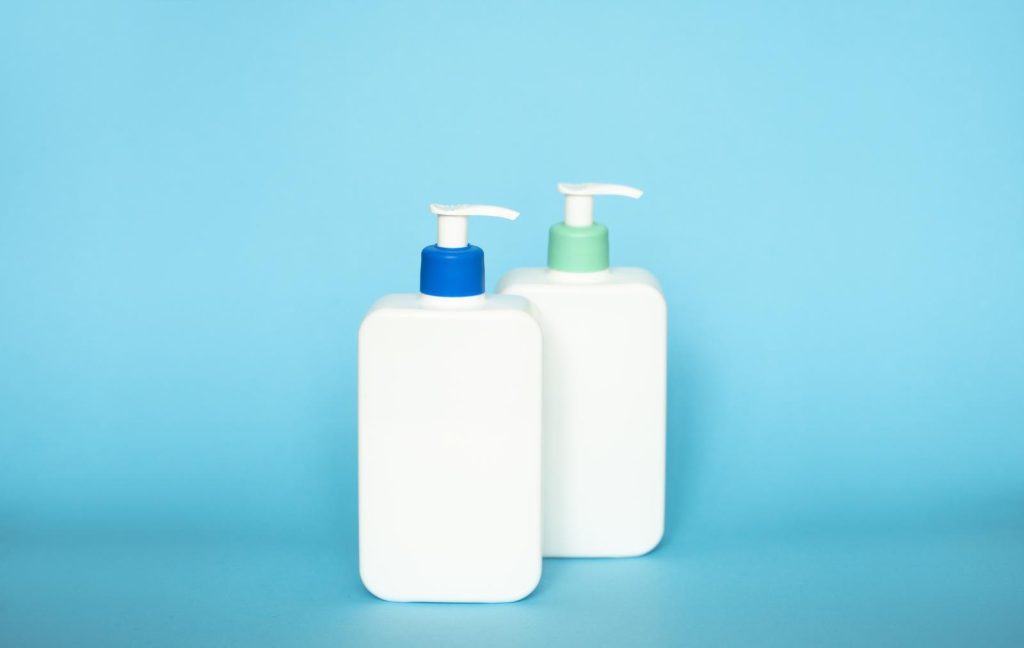Anthony Mascolo was a crazy hairdresser who wanted to do things “differently.” And so, out of his love for styling and experimentation with hairs, he co-founded Tigi, a brand that deserves a standing ovation for its excellent styling range.
Tigi offers everything from professional hair dyes to curlers and spray, catering to professional and beginners’ hair styling needs.
But as much as the brand has been able to create a name for itself by providing quality, are the products cruelty-free? Have they been made ethically? Is it vegan? Was any animal hurt in the process?
If you support the stance of “no-animal testing,” “Vegan,” and “ethical products” strongly, here is what you might be missing out about the Tigi!
Is it Vegan Friendly?
How can a hair spray or dye for the hairs be vegan? No one uses “animal stuff” in it, or do they?

Vegan-friendly products do not contain ingredients extracted from animals like milk, honey, etc. Whether it is about adding colors to the dyes or anything to the sprays, a vegan-friendly product will find the best alternative to ingredients that come directly from animals or insects.
Although Tigi has never openly admitted it to be non-vegan because the company isn’t cruelty-free, the chances are high that most of its products, if not all, are NOT vegan friendly.
Is Tigi Cruelty-free?
Tigi is a famous brand for professional hairstyle products, but there is certainly more than what the eyes can see.
Companies that manufacture products or use ingredients after experimenting with them on innocent animals follow cruel and unethical practices, which are now illegal in many countries worldwide.
Thus, brands that have successfully found alternative testing methods are called cruelty-free and should be supported at every step.
Since the world is calling out for cruelty-free products, according to an official statement released by the company, it does not test directly on animals or use any ingredients obtained unethically. Yet, it does have some suppliers and clients that do so.
This label proudly sells its products to markets with solid regulations supporting animal testing. So, if not directly, the indirect connection with markets and people conducting unethical animal testing makes Tigi non-cruelty-free.
Is it Ethical?
Since the Tigi is non-cruelty-free, as some suppliers and consumers of the brand support and conduct animal testing, the label can be called unethical in its practices.
Even if it doesn’t directly test its products and ingredients on animals because of the strict EU regulations, it has a group of people and sellers on the backend that do otherwise.
Hence, no matter how they do it, a brand like Tigi that supports inhumane practices cannot be ethical.
Is the Parent Company Cruelty-free and Ethical?
Tigi is owned by the famous company Unilever and things with them are not hidden.
Unilever is known to test its products and ingredients on animals, which is highly inhumane, cruel, and unethical. When the parent company doesn’t offer clean and cruelty-free products, how can Tigi be ethical otherwise?
Is Tigi a part of cruelty-free or vegan-friendly societies?
Unfortunately, even after their intense display of disregard for the matter, Tigi doesn’t seem bothered.

And to prove they aren’t ethical in their ways; the brand does not have any certification from cruelty-free and vegan societies that can help them come across as clean to the world.
Does Tigi Test Its Products Directly on Animals?
No, Tigi doesn’t test its products or ingredients used in the making directly on the animals for which they call themselves “cruelty-free and ethical.”
Yet, the brand states of being involved with suppliers and third parties that still conduct testing on animals as a rule of their state. Thus, because Tigi is directly involved with parties that support inhumane practices, it simply makes the brand a part of the dirty game and labels its products as non-cruelty-free, non-vegan, and unethical.
Finding Alternatives to Animal Testing
A brand as big as Tigi and owned by the world’s leading enterprise, Unilever shouldn’t have any difficulty finding alternative ways to animal testing.
In present times where people are much more aware of animal rights and have developed strong empathetic behavior towards the creatures, more prominent brands should certainly stop treating them inhumanely.

Animals have the right to live freely and not be tortured for the satisfaction of humans. So, if Tigi is clear about not testing its products on animals, it is still a part of the crime of being part of the team that still practices it.
Hence, for people in search of styling products that are vegan-friendly, cruelty-free, and ethical, sorry to disappoint you, Tigi doesn’t tick the boxes!
But otherwise, their styling products are unique and could have been loved better if they were made ethically because no animal deserves to die for the happiness of a human!

